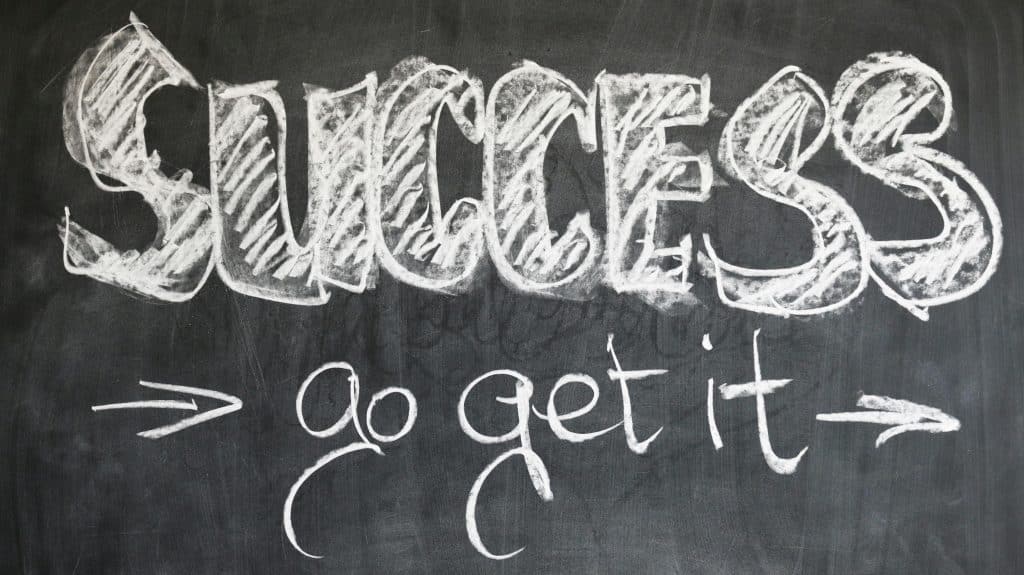In fast-paced professional and creative environments, growth often stalls not for lack of ambition, but for lack of insight. That’s why personal reflections are key to long‑term success—they help you convert daily experience into sustained progress. Increasingly, leaders and knowledge workers are turning to structured reflection methods and even AI‑powered journaling tools to sharpen decision-making, grow emotional intelligence, and scale learning. This shift confirms that reflection isn’t a self-help add-on—it’s a foundational skill for success.

Why Reflection Matters: The Psychology of Self‑Growth
Higher Performance Through Reflection
Harvard Business School research shows that professionals who regularly reflect on their experiences deliver stronger performance over time. “Learning by Thinking” finds that reflection—especially when it involves abstraction and articulation of lessons—boosts long‑term retention and confidence. Similarly, an HBR article notes that reflection habits often distinguish extraordinary professionals from mediocre ones .
Emotional Intelligence & Self‑Awareness
Self-reflection builds emotional resilience and awareness. Studies show it enhances self-esteem, clarity in decision-making, and strengthens alignment with personal values . For leaders, reflection is tied to better empathy, listening, and team growth.
Emerging Trend: AI-Augmented Reflection Tools
Technology is elevating reflection beyond journaling:
- The MindScape app integrates behavioral sensing (e.g. sleep, location) with LLM-driven prompts to foster personalized self-insight. Early results show improvements in mindfulness, self-reflection and well-being.
- Tools like Resonance use AI prompts drawn from past memories to suggest personal actions, which significantly reduced depression symptoms and increased positive emotional affect in recent trials .
- Research comparing AI versus manual journaling found that users of AI-supported tools reported a 28 % greater improvement in self-awareness metrics.
These innovations highlight that personal reflections are key to long‑term success and are now being enhanced through technology, not displaced.
How Reflection Supports Long‑Term Career Growth
1. Strategic Learning and Adaptation
Reflective practice allows you to analyze what works, what fails, and why. Using tools like Gibbs’ reflective cycle (Description → Feelings → Analysis → Action) helps structure insights into actionable plans.
2. Goal Setting and Self-Regulation
In educational studies, setting growth goals paired with reflective diaries improved stress management, self-monitoring, and academic achievement . This aligns with self-regulated learning theories: metacognition plus feedback drive mastery .
3. Building Leadership Capabilities
BCG and HBS studies advise scheduled reflection—ideally protected weekly or quarterly sessions—to support long-term strategic thinking. This separation from daily urgency helps resolve root problems.
Step-by-Step Guide: How to Make Reflection a Growth Habit
Step 1: Schedule Reflection Time
Block 10–15 minutes daily or 90 minutes weekly for uninterrupted reflection. Consistency matters more than duration.
Step 2: Use a Structured Template
Employ frameworks like:
- Gibbs’ Reflective Cycle: Walk through experience, feelings, evaluation, analysis, conclusions, and action plans .
- STAR or Gibbs approaches in leadership journaling to untangle complex interactions .
Step 3: Combine Manual & AI Tools
- Traditional journaling offers creative space.
- AI tools (e.g. MindScape, Resonance) provide behaviorally-informed prompts and feedback, amplifying reflection power.
Step 4: Balance “Pluses and Deltas”
Track what worked (“plus”) and what to improve (“delta”) in each session. This prevents negative rumination and reinforces positive habits .
Step 5: Reflect Before, During, and After Events
Apply reflection in all phases:
- Before: anticipate challenges or outcomes.
- During: assess decisions in real-time.
- After: abstract lessons and reshape behaviors.
Real‑World Examples: Reflection Driving Success
- Executives scheduling quarterly offsites focused on thinking, not operations, have reported breakthrough decisions and strategic shifts .
- Companies using structured leadership reflection frameworks (e.g. STAR) report stronger communication, collaboration, and performance alignment .
- Students in MOOCs who reflected on their learning goals consistently outperformed peers in persistence and completion rates .
Why Personal Reflection Is More Critical Now
- Fast-paced work environments and remote setups reduce natural feedback loops. Reflection restores clarity and intention.
- AI tools increase external output capacity—so internal meaning-making becomes essential to differentiate human work.
- Reflection supports transformative learning, allowing perspective shifts rather than merely accumulating experience.
Common Pitfalls and How to Avoid Them
| Pitfall | How to Fix It |
|---|---|
| Rumination instead of learning | Use structured reflection methods and focus on action plans |
| Infrequent practice | Automate reminders—daily or weekly sessions |
| No feedback loop | Share notes with a mentor or peer for accountability |
| Overly rigid reflection | Combine free expression with structured evaluation |
FAQs: Reflection and Success
Q: How long until I see the benefits?
A: Many report improved clarity and better decisions within a few weeks of consistent journaling or structured reflection.
Q: Can reflection be harmful?
A: Excessive negative self-criticism may cause rumination. Balance introspection with self-compassion and use frameworks to anchor insights.
Q: Is reflection useful for non-leaders?
A: Absolutely. Anyone can benefit—for students, creatives, employees—reflection supports goal setting, clarity, and adaptable learning.
Conclusion
In increasingly complex and automated worlds, personal reflections are key to long‑term success. Reflection converts experience into insight, setbacks into learning, and intentions into alignment. It’s not a time drain—it’s a performance multiplier.
Gradually introduce daily or weekly reflection using structured prompts, combine manual and AI tools, log pluses and deltas, and reflect proactively at every stage of tasks and decisions. Over time, you’ll develop sharper self-awareness, deeper emotional intelligence, and sustained growth—far beyond what output alone can deliver.
Begin today. Your future self—and career trajectory—will thank you.
References
- Harvard Business School: Di Stefano et al. (2024). Learning by Thinking: How Reflection Aids Performance https://mentorloop.com/blog/reflection-improves-career-performance/?utm_source=chatgpt.com
- Harvard Business Review: Don’t Underestimate the Power of Self‑Reflection https://hbr.org/2022/03/dont-underestimate-the-power-of-self-reflection?utm_source=chatgpt.com
- MindScape AI journaling study: Contextual AI Journaling to Promote Self‑Reflection https://arxiv.org/abs/2404.00487?utm_source=chatgpt.com









